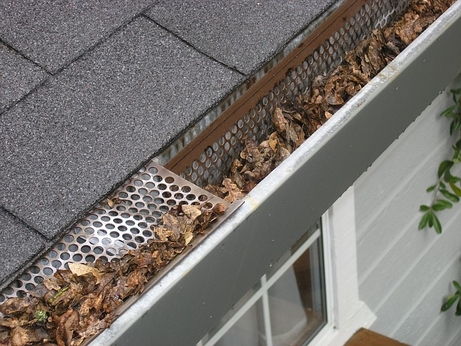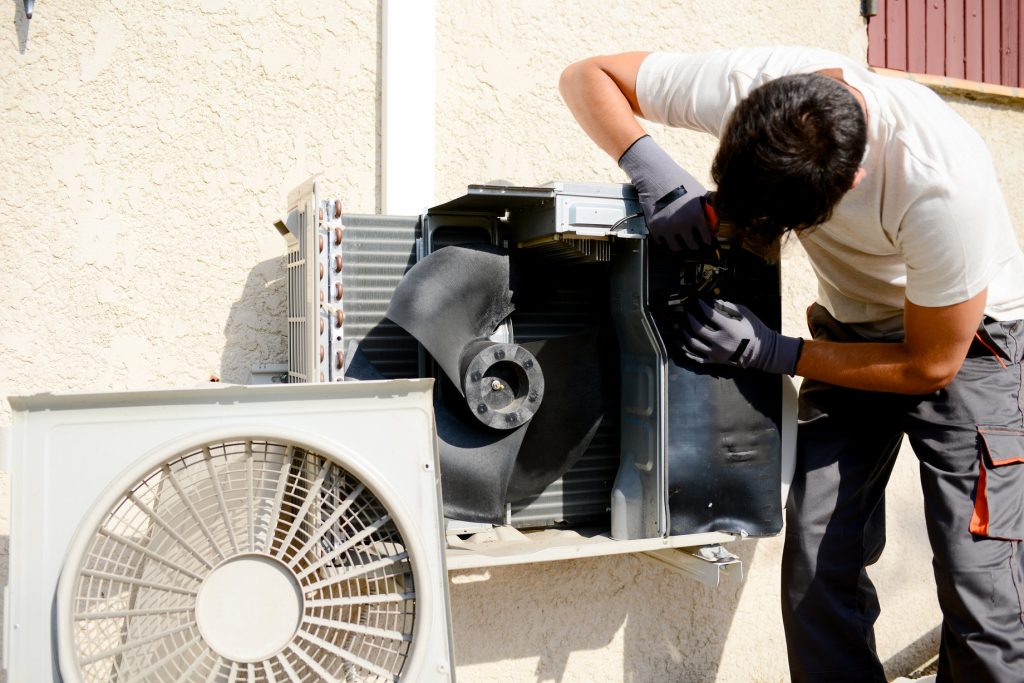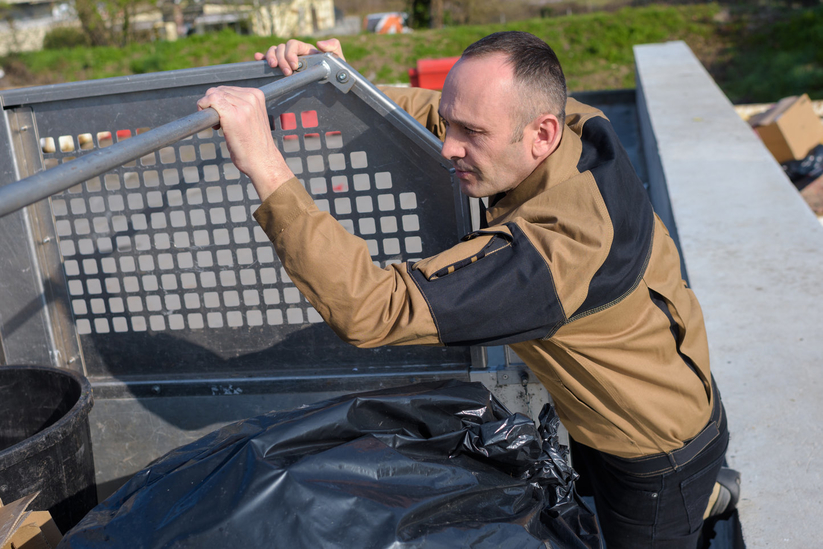We’ve all fallen victim to bad habits that have negative impacts on the environment. Anyone who says otherwise is just not being truthful to themselves. But the key to a sustainable lifestyle is one in which you become self-aware of your living habits. And then seek to make micro improvements every day.
Maybe there are a few aspects of your life that are easier to make changes to than others.
That’s okay.
With every passing day, if you’re making active decisions to adapt greener behaviors, you’re already on the right track. Here is a list of tips to consider the next time you approach common house chores. This includes monotonous tasks such as gutter cleaning, appliance repair and de-cluttering of your home. There are things you can do before you decide to dispose of everyday items that you’d usually not think twice about that can make a difference. Even if you’re just de-cluttering your property in preparation for a move, there are things to consider.
Whatever the reason, you can make an impact on the environment by making small actionable changes to the way you approach common housework.
- Utilize Gutter Debris as Compost for Your Garden

Gutter cleaning is a task that is often overlooked. But should never be ignored. Failure to have your gutters inspected at least once a year can have detrimental impacts on your home. Clogged gutters render them useless to the very job they were installed to do. Which is to transport excess water from your roof away from the foundation of your home. Click here to know more about roof cleaning services.
When your gutters are clogged, the water overflow can cause flooding.
Now that you know that gutter cleaning is an unavoidable task, why not make it more sustainable?
When you call a local gutter cleaning company, chances are that they’ll collect all of the debris from the gutter cleaning in garbage bags.
What often happens is that these garbage bags go straight to your dumpster. But why not take the leaves, branches and other materials and start a compost pile?
The waste collected during a gutter cleanout makes for an ideal compost that you can then use as nutrients for your garden. Call construction debris removal if it is construction waste other than just gutter debris.
- Repeat After Me: Repair Not Dispose

Got an appliance, piece of furniture or electronic device that’s broken?
Try to see if you can have it fixed.
So often we dispose of broken items before attempting to fix them. Because it’s easier to dispose, remove and re-purchase. But this churn and burn lifestyle, over the course of a lifetime, can be harmful for the environment. Especially if adapted across a wide majority of the population.
Try to re-purpose what you have. Even if it means putting some time and effort into getting it fixed. It’s usually the right way to go. And often times you’ll find that getting things fixed is actually much easier and cheaper than you think in the long run (vs. swapping the product out every few years).
Now, what happens in situations where it’s actually cheaper to replace it than to repair it? In these instances, we recommend donating the product to give it a second home.
There are many liquidation companies out there that offer free appliance and furniture removal. Just Google “free junk removal near me” and choose a local company in your area. If you’re looking for same day junk removal, then you’ll need to specify that in your search as well.
Usually, these companies will come the same day and pick up whatever it is you need picked up. They’ll fix up the appliance if it’s worth salvaging. And usually resell it to customers looking for second hand appliances.
By you donating your broken appliance or electronics, you’re ensuring that you give the product another chance at a second home. This beats it ending up in the landfills immediately.
- Sustainable & Eco-Friendly Junk Removal

Now, when it comes to large scale junk removal, it’s hard to imagine this practice as sustainable. But with the proper research, you can greatly decrease your waste footprint.
If you’re facing a large scale foreclosure or estate cleanout, hiring experienced liquidators is something you should consider. These companies specialize in large scale downsizing projects and know exactly how to set up fast estate or tag sales. This allows for any items that you no longer wish to keep, to be resold, with very little effort on your part.
Another important aspect of the vetting process of hiring any junk removal service, is to ensure that the practices that the company adapts are sustainable. There are companies that prioritize recycling over mass dumping. And these are the companies that you want to work with.
Companies that care about the amount of cardboard and metals that end up in landfills, by implementing a sorting process in their scope of work are the ones that you’d want to utilize.
- Make Reusable a Part of Your Everyday Life
This last tip is one that is probably the hardest for many. Using single use disposable plates, cups, and water bottles is by far the most convenient. But also the single worst contributing factor to massive waste.
But the process of shifting your behaviors to a more sustainable lifestyle does not have to happen overnight. If anything, massive behavioral shifts are often not a long term viable option. It can cause unnecessary stress and can come off as a chore.
If you make one change per month, and tweak as you go, it’s more likely you’ll stick with these lifestyle changes.
Maybe one month, it’s buying a cute coffee thermos and brewing your coffee and home. That way, when you’re out, you have less of an incentive to purchase coffee from places that use disposable and single use products. This will also save you some money, since you’ll be making your own coffee instead of buying it.
The next month, it can be cutting out any paper or disposable plates from your home. Dishwashing can be a drag. But if you think about how much waste you’re contributing to the environment by using single use plates every day, it makes it all worthwhile.
And so on, month after month.
The road to a truly zero-waste and sustainable life is one that requires long term discipline and patience. It’s okay to have good days, and bad days. It’s all part of being human. But making a mental shift that you’re going to be one less contributor to the global waste production is the first step in the right direction.
With every win, the next shift becomes easier and easier. And the more wins you experience, the more incentive you have to keep going. And by adopting the tips above, hopefully, you’ll find each forward step in your journey ever more attainable.
